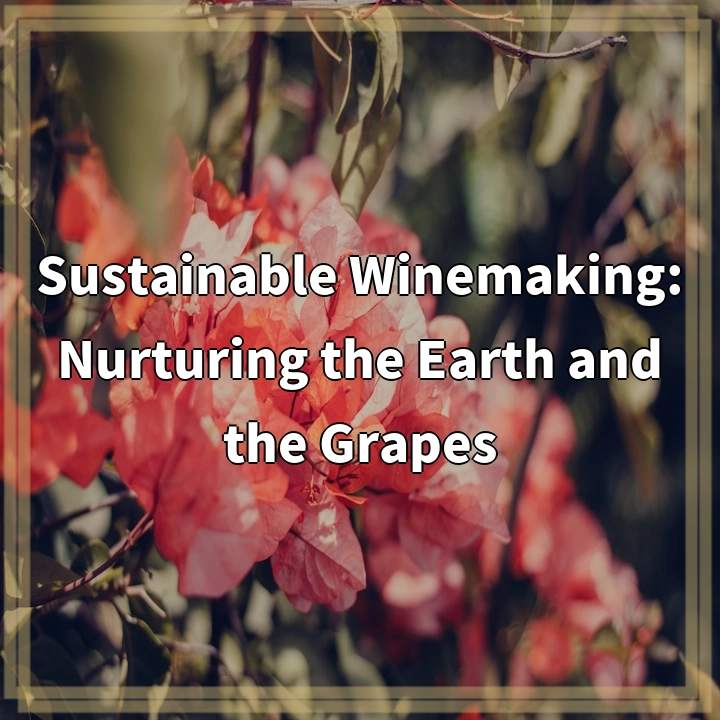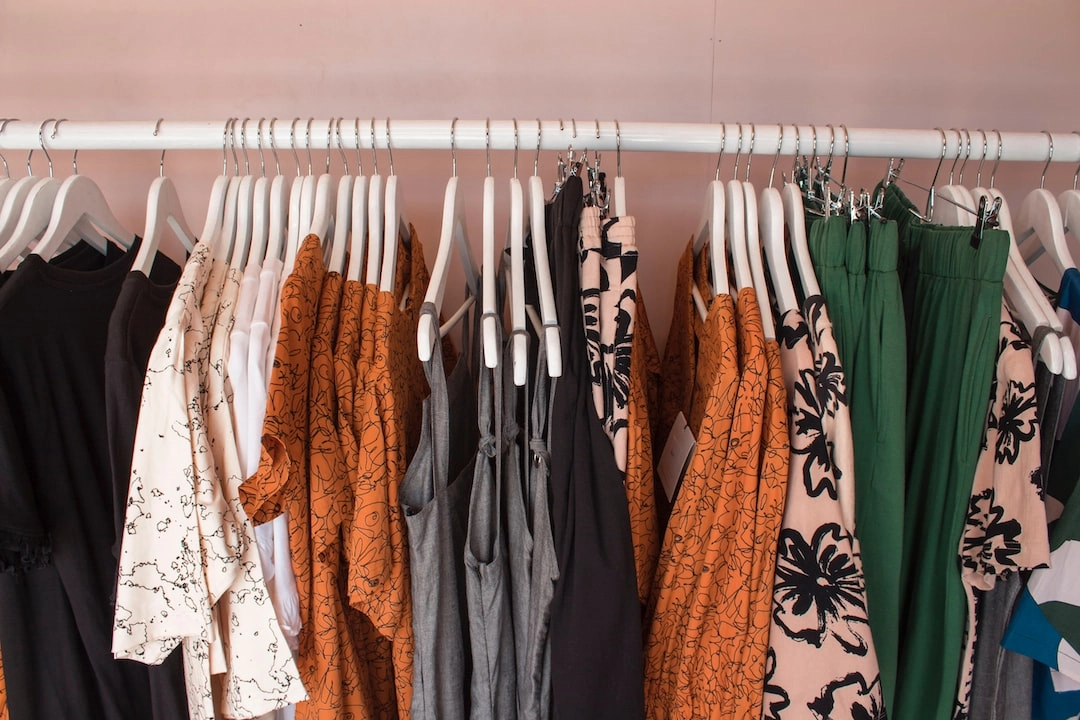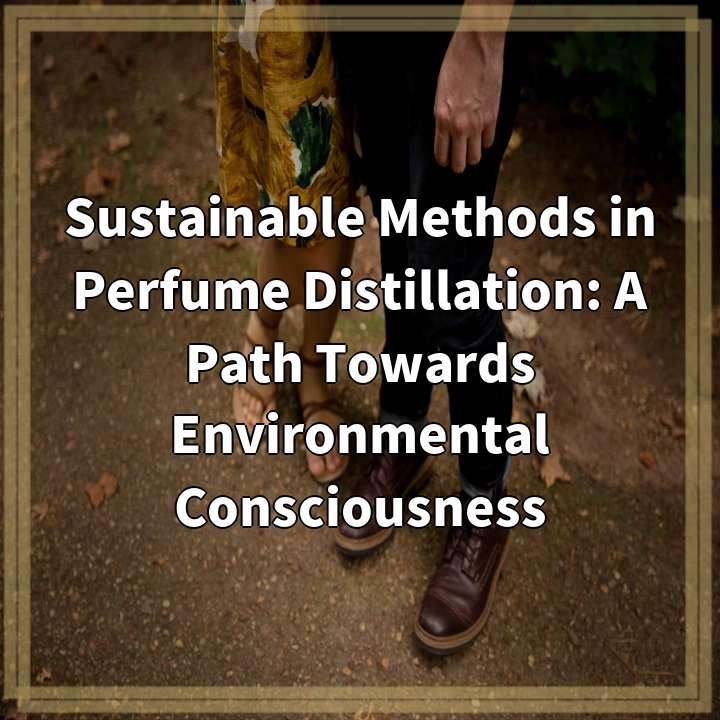
What is Sustainable Winemaking?
Sustainable winemaking refers to the practice of producing wine in a manner that minimizes negative environmental impacts, supports long-term sustainability, and promotes social responsibility. It encompasses various principles and techniques aimed at nurturing the Earth and the grapes.
Real-World Problems Associated with Sustainable Winemaking
Sustainable winemaking faces a range of challenges and obstacles that need to be addressed for the industry to thrive:
Climate Change
The wine industry is highly sensitive to changes in climate, with rising temperatures and extreme weather events posing significant risks to vineyards. Sustainability efforts in winemaking must focus on mitigating greenhouse gas emissions and adapting to changing climatic conditions.
Water Scarcity
Vineyards require a reliable and sufficient water supply for irrigation. However, water scarcity is becoming a growing concern in many wine-producing regions due to increased demand and changing precipitation patterns. Sustainable winemaking aims to optimize water usage, implement efficient irrigation systems, and conserve water resources.
Pesticide & Herbicide Use
Traditional vineyard practices often involve the use of pesticides and herbicides to manage pests and weeds. However, excessive use of agrochemicals can harm the environment, wildlife, and human health. Sustainable winemaking focuses on reducing or eliminating the use of harmful chemicals, employing natural pest control methods, and promoting biodiversity in vineyards.
Waste Management
The production of wine generates various waste streams, including grape pomace, wastewater, and packaging materials. Proper waste management is crucial to prevent pollution and minimize environmental impact. Sustainable wineries prioritize recycling, composting, and adopting eco-friendly packaging options.
Social Responsibility and Fair Trade
Sustainable winemaking encompasses social aspects such as fair labor practices, ensuring the well-being of vineyard workers, and supporting local communities. It aims to promote fair trade practices, ethical labor standards, and community engagement.

Solutions for Sustainable Winemaking
Addressing the real-world problems associated with sustainable winemaking requires implementing effective solutions:
Climate Change Mitigation
To mitigate the impacts of climate change, wineries can adopt sustainable energy practices such as using renewable energy sources, optimizing energy efficiency through insulation and lighting upgrades, and reducing carbon emissions through sustainable transportation and logistics.
Water Conservation
Vineyards can implement water management techniques such as precision irrigation systems, soil moisture sensors, and water-efficient practices to optimize water usage and reduce water waste. Rainwater harvesting and wastewater recycling can also help ensure a sustainable water supply.
Organic and Biodynamic Farming
Transitioning to organic and biodynamic farming practices reduces the reliance on synthetic pesticides and fertilizers. Using natural alternatives, incorporating cover crops, and promoting biodiversity in the vineyards can improve soil health, enhance natural pest control, and support overall ecosystem balance.
Waste Reduction and Management
Wineries can prioritize waste reduction by implementing recycling and composting programs, reusing or repurposing materials, and adopting eco-friendly packaging options. Proper wastewater treatment and management techniques can also minimize water pollution and protect local ecosystems.
Social Responsibility and Fair Trade
Wineries should ensure fair labor practices, provide safe working conditions, and support social initiatives in their local communities. Third-party certifications, such as Fair Trade or organic certifications, can help provide transparency and credibility in terms of ethical and responsible practices.















